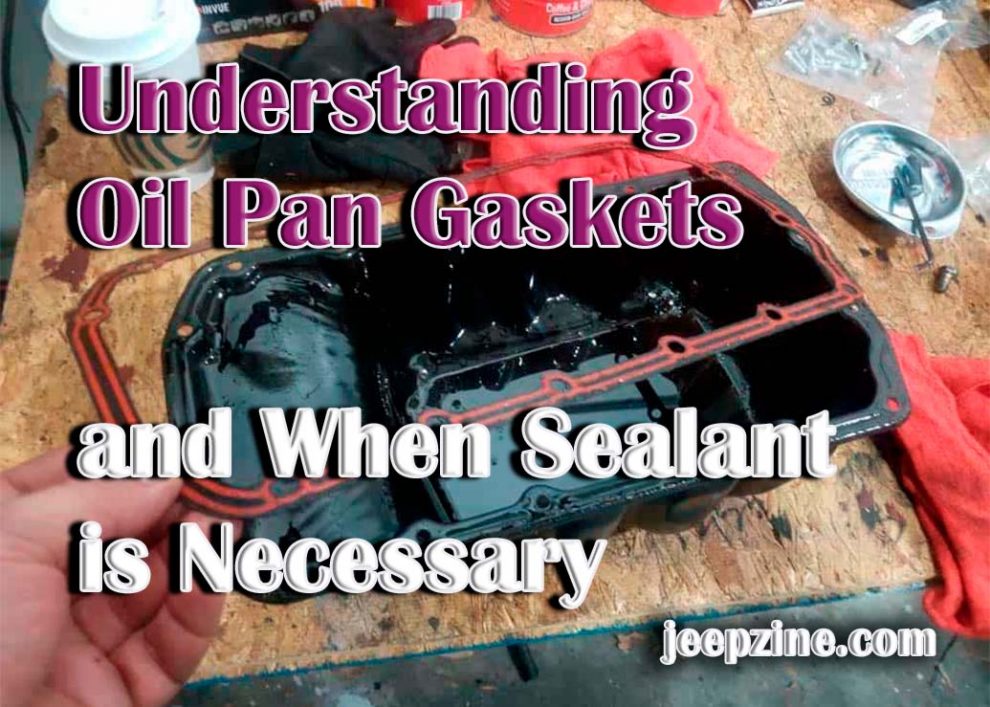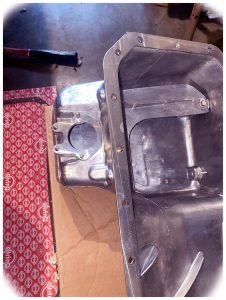An oil pan gasket is vital to an engine’s cooling system. It is a type of seal that helps prevent oil from leaking out of the engine and prevents dirt, grime, and other debris from entering it. The gasket also serves to insulate the engine from vibration and heat. Oil pan gaskets are typically made of rubber or polytetrafluoroethylene (PTFE), better known as Teflon.
 Types of Oil Pan Gaskets
Types of Oil Pan Gaskets
There are two main types of oil pan gaskets: molded and composite. Molded oil pan gaskets are made from a single piece of rubber, while composite gaskets are composed of multiple layers of material, such as rubber and metal. Composite gaskets provide more protection against leaks and vibration than molded gaskets do.
When Should an Oil Pan Gasket Be Replaced?
Oil pan gaskets should be replaced when they show signs of wear or if there is evidence that the engine has been leaking oil. A visual inspection should reveal any signs of wear or damage to the gasket, such as cracking or fading. If an oil leak is present, it could indicate that the seal between the engine block and the oil pan is no longer effective and must be replaced.
Does An Oil Pan Gasket Need Sealant?
In most cases, an oil pan gasket does not need sealant for proper installation. However, if you are installing a new molded rubber or composite PTFE (Teflon) type of gasket, some form of adhesive may be required to ensure a secure seal. Generally, a liquid sealant or gasket maker ensures that the surfaces are properly sealed and that the oil pan gasket does not shift or become loose over time. It is important to note that different engines and oil pans may require other sealants, so it is always best to consult your mechanic or a qualified professional before applying any sealant.
Conclusion
Oil pan gaskets are an important part of an engine’s cooling system, as they help prevent oil leakage and keep dirt, grime, and other debris from entering the engine. While most oil pan gaskets do not need sealant for proper installation, certain types may require a liquid sealant or gasket maker for them to be securely sealed. It is always best to consult a qualified professional before applying any sealant to ensure that the right adhesive is used for your particular engine and oil pan.


 Types of Oil Pan Gaskets
Types of Oil Pan Gaskets
Add Comment